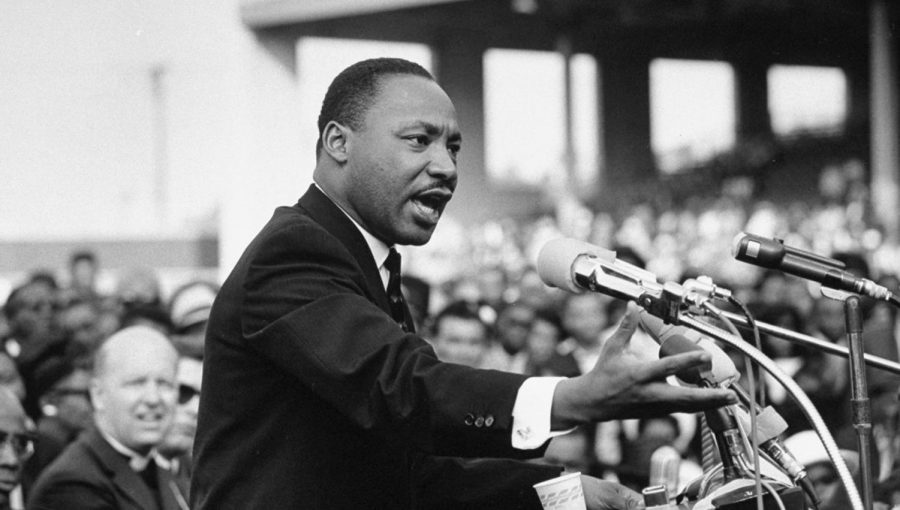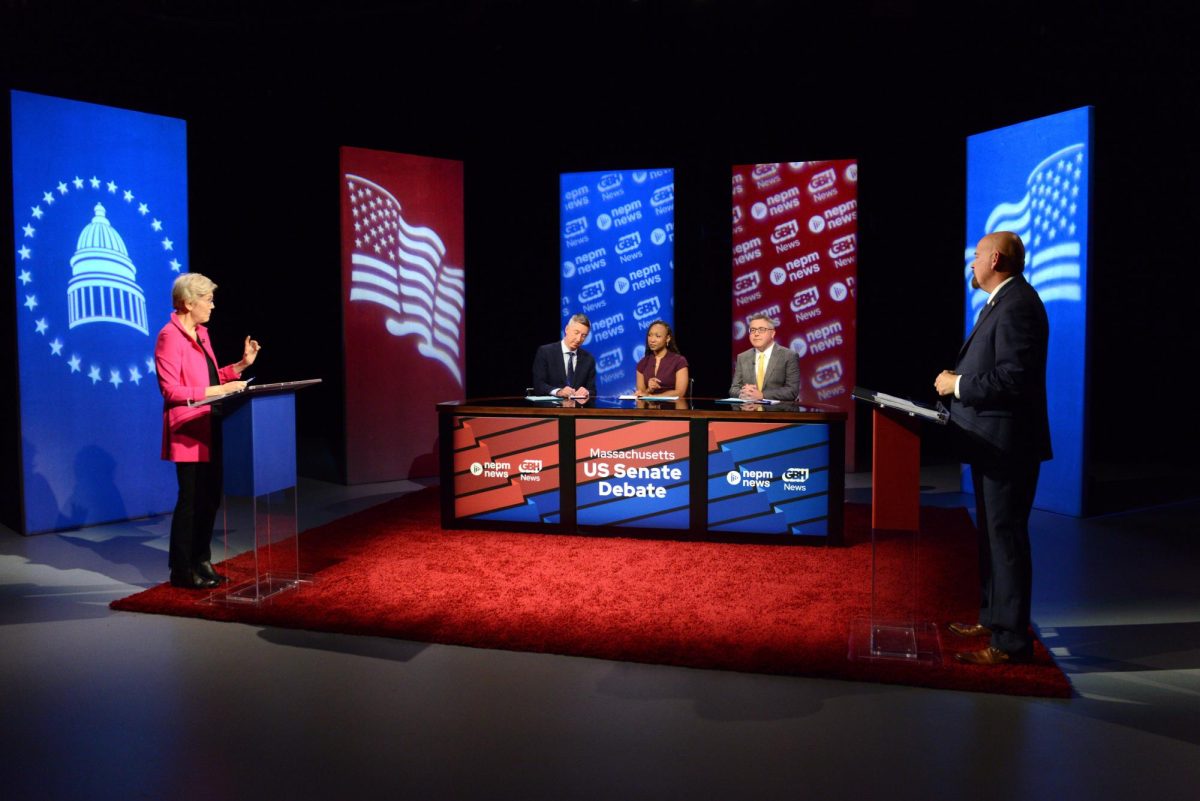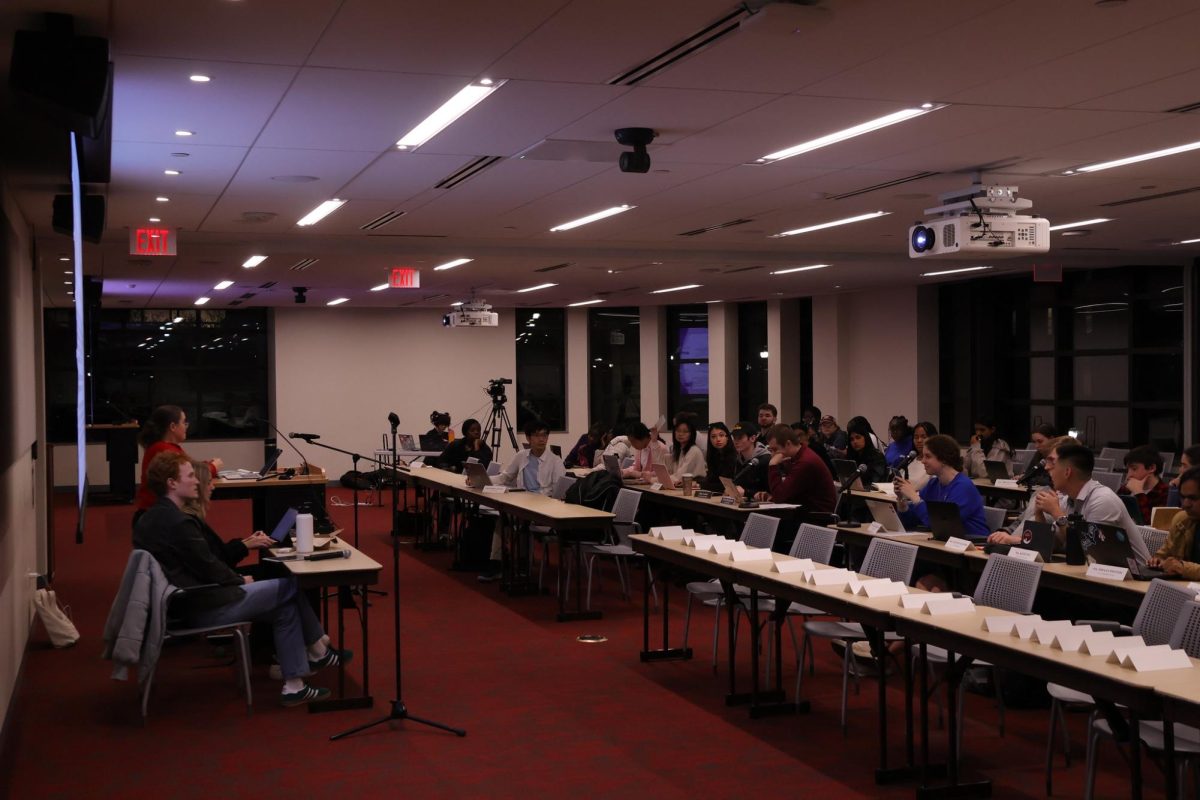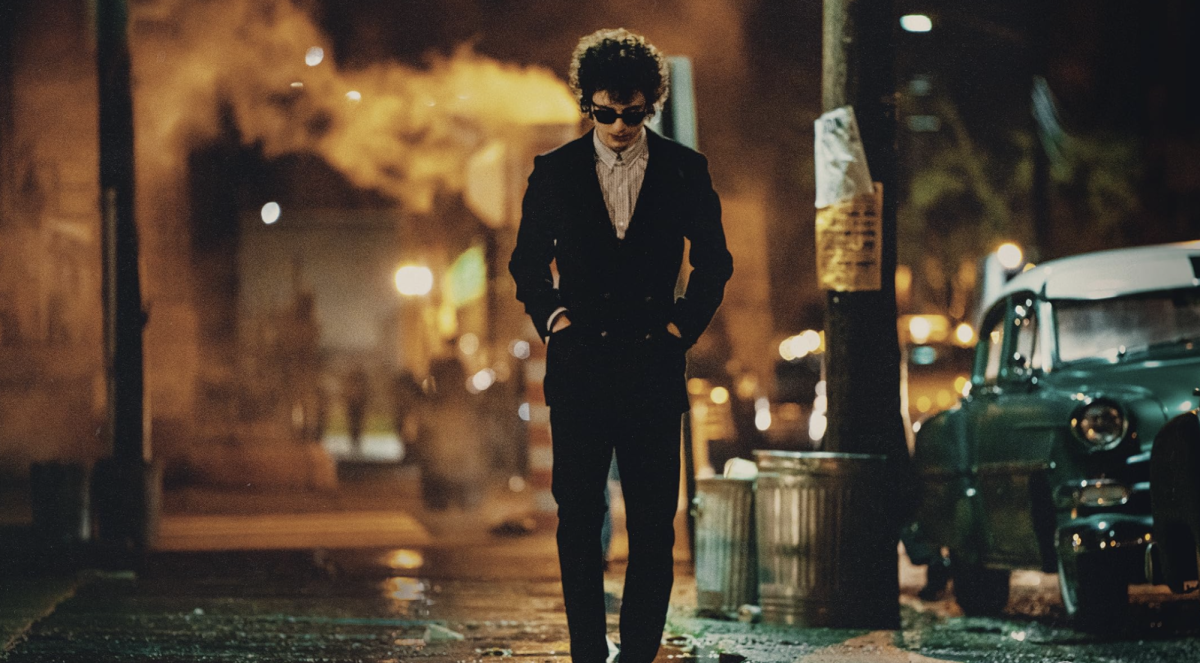“I have a dream that my four little children will one day live in a nation where they will not be judged by the color of their skin but by the content of their character.”
Growing up, I always associated Dr. Martin Luther King with this isolated quote. Spoken during his speech at the March on Washington in 1963, these words conjure up the image of a kind and warm preacher who spoke simple, light-hearted truths that the society around him readily accepted.
But for how many people are the following two quotes equally famous?
“I must confess that that dream that I had that day [in 1963] has at many points turned into a nightmare.”
“We are in a new era, a new phase of the struggle, where we have moved from a struggle for decency which characterized our struggle for ten or twelve years, to a struggle for genuine equality. And this is where we get into resistance because there was never any intention to go this far.”
These are both quotes from an interview King did with NBC News in 1967, just eleven months before he was assassinated. Other quotes from King which tend to be unremembered or intentionally downplayed point out the hypocrisy of America in pursuing so-called “democracy” abroad while denying black Americans those same rights at home, and deem the “white moderate, who is more devoted to ‘order’ than to justice” as “the Negro’s great stumbling block.”
This collective forgetting of the context and radicalness of King’s work misrepresents who he actually was and what the true impact of his actions were, both then and over 50 years later today.
For example, while we now hail King as an American hero, this almost universal contemporary praise stands in stark contrast to the public’s opinion of him when he was alive. According to a 1966 Gallup poll, the public’s perception of King was 63 percent negative, and in the top 10 list of America’s most admired men between 1963 and 1967, King appeared only twice. Clayborne Carson, director of the Martin Luther King Jr. Institute at Stanford, said in one newsweek article in 2018 that, “[King] was not searching for popularity. What he was trying to put forward was what he thought was the right course of action.” His controversial decision to oppose the Vietnam War lost him followers and provoked significant criticism from Congressmen and black colleagues alike, with many calling him “dangerous” and “un-American.”
While King courageously spoke truth to those in power, he was not the superhuman messiah-like figure that popular representations make him out to be. John Bracey, a professor of Afro-American studies at the University of Massachusetts since 1972, was active in the Civil Rights Movement and remembers participating in one of King’s marches in Chicago in 1966.
“He wasn’t Martin Luther King before the movement,” said Bracey in an interview. “He was a very ordinary person. He was shorter than I was.” Bracey recalls that King was also very good at pool, and one of the ways King got people to join him was by challenging gang members to games of pool. “He went to the pool hall and said ‘where do the gangs hang out?’ I’ll play you a game and if I win, you all will come and help me, you all will follow my nonviolent movement…and if you all win I’ll leave you alone.”
Depicting King as an impossibly heroic figure is damaging because not only is it untrue, but it can also discourage others from continuing his legacy and organizing against racial injustice. In his 2008 Massachusetts Daily Collegian article “Reclaiming King’s legacy,” Shaun Robinson wrote, “By depicting the man as some sort of mythological demigod we make King into an idol, an entity to be worshipped rather than emulated.” Bracey recalls King’s relative normality as a young adult and how the social and political context of his time helped shape who he would become. “He’s walking around trying to get his homework done just like everybody else. But then all of sudden, he’s put in a situation where he’s called, and he stood up. A lot of people didn’t stand up.”
By rejecting the sanitized distortion of history and replacing it with accurate information, we can more easily identify the parallels between past and present injustices, as well as tools for resisting these injustices today. The U.S. government’s recent escalations with Iran are just one example of the militarism that King identified as one of the three evils of society, along with racism and economic exploitation. The current white backlash is, in King’s words, merely “a continuation of the same ambivalence and vacillation of white America and the whole question of racial justice that has existed since the founding of our nation.”
As King said, “Change does not roll in on the wheels of inevitability, but comes through continuous struggle.” Pretending that King was anything other than who he was, and blindly accepting a romanticized, cherry-picked version of what he did, does a grave disservice to his work and to the ongoing struggle for true racial justice.
Jennie Moss is a Collegian Columnist and can be reached at [email protected].



















